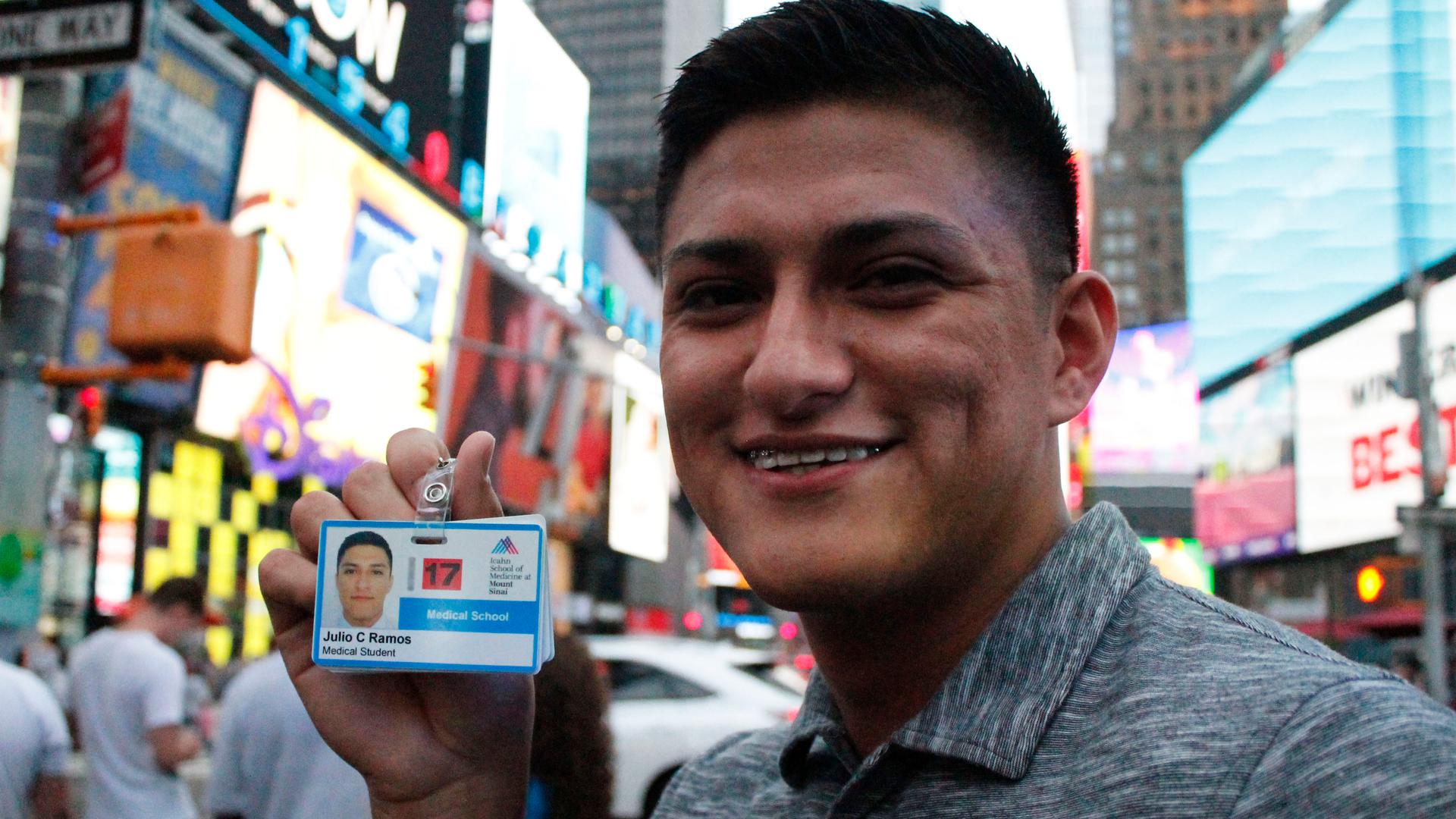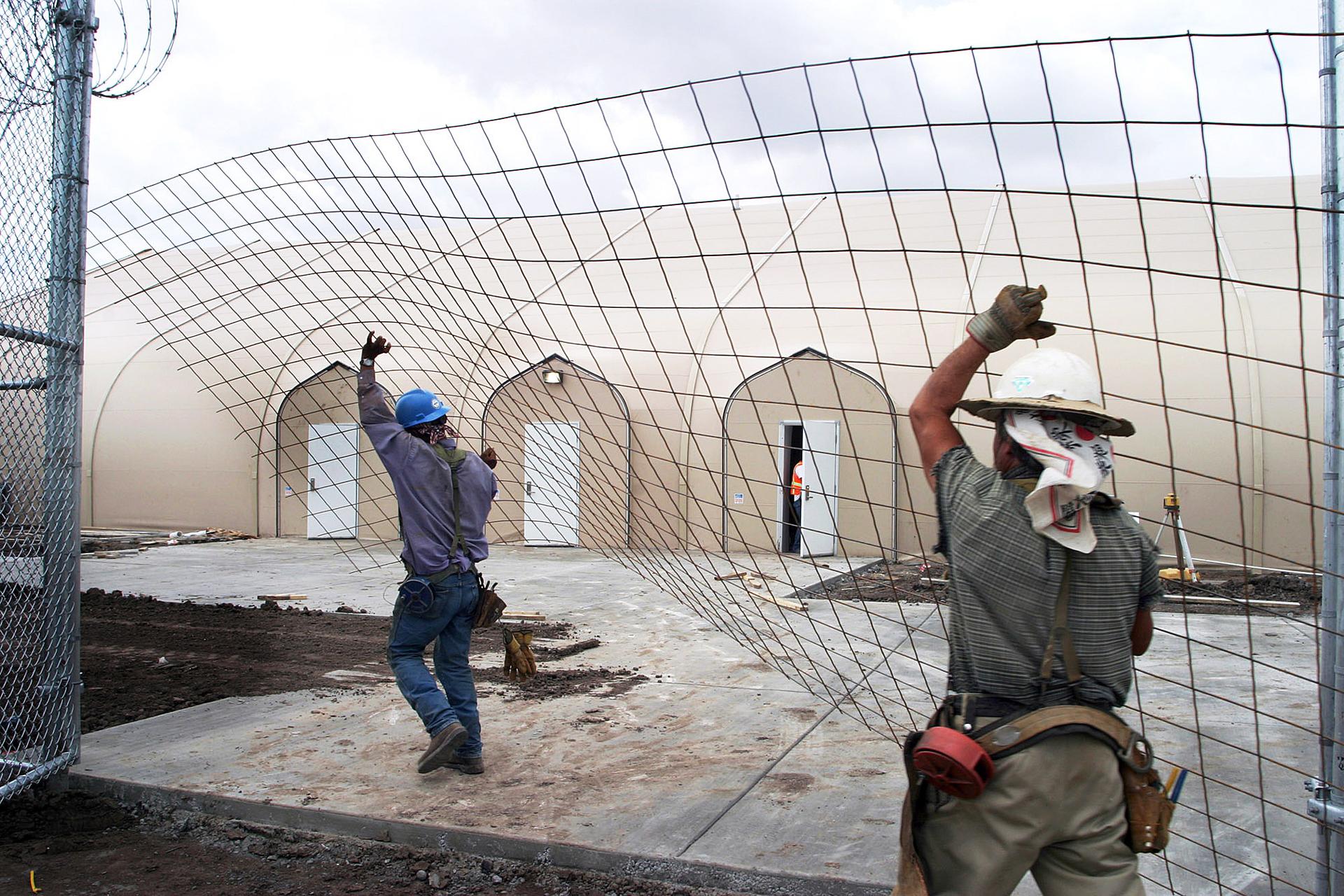Reynaldo Leanos Jr.
Reynaldo Leanos Jr. is a freelance multimedia journalist living in New York City.
Reynaldo Leanos Jr. is a freelance multimedia journalist living in New York City. His work has been featured on PRI's Global Nation and The World, NPR's Latino USA, NBC Latino and KUT's Texas Standard. He is from the Rio Grande Valley of south Texas near the Mexico border, where he reported on immigration on the southern border and Latino culture.Reynaldo graduated from Texas State University in San Marcos, where he studied journalism and international studies. He is now studying at the CUNY Graduate School of Journalism and specializing in international reporting.
Four months of food aid in Puerto Rico brought too much salt and sugar, say some recipients
FEMA sent 57 million meals to Puerto Rico in the four months after Hurricane Maria. The Queer Kitchen Brigade sent just 400 jars of produce, but they are hoping to impact the kinds of food people in prolonged disaster relief can expect.
A 19-year-old undocumented student — authorized to be in the US — was detained and then let go by federal agents
Josue Romero was arrested and put into the custody of federal immigration agents. He was held for 24 hours and then released — which raises serious questions for immigrants about what Trump’s policies actually are.
Subscribe to The World’s Latest Edition podcast for free using your favorite podcast player:

